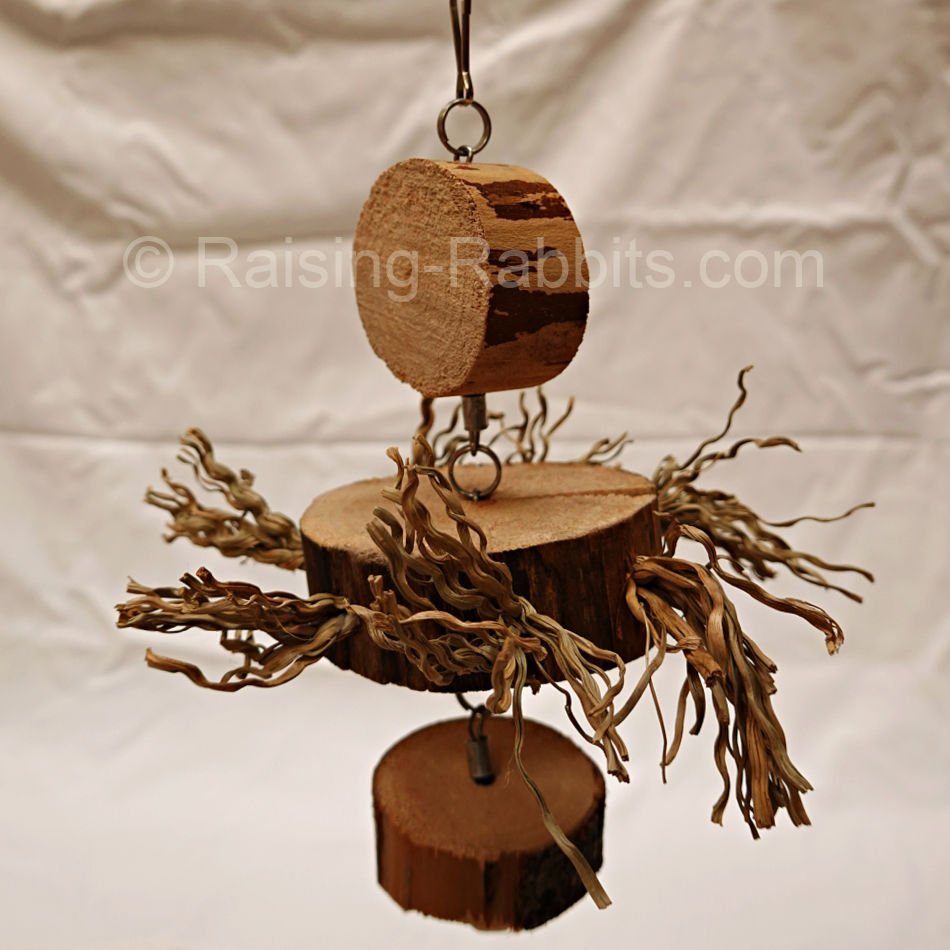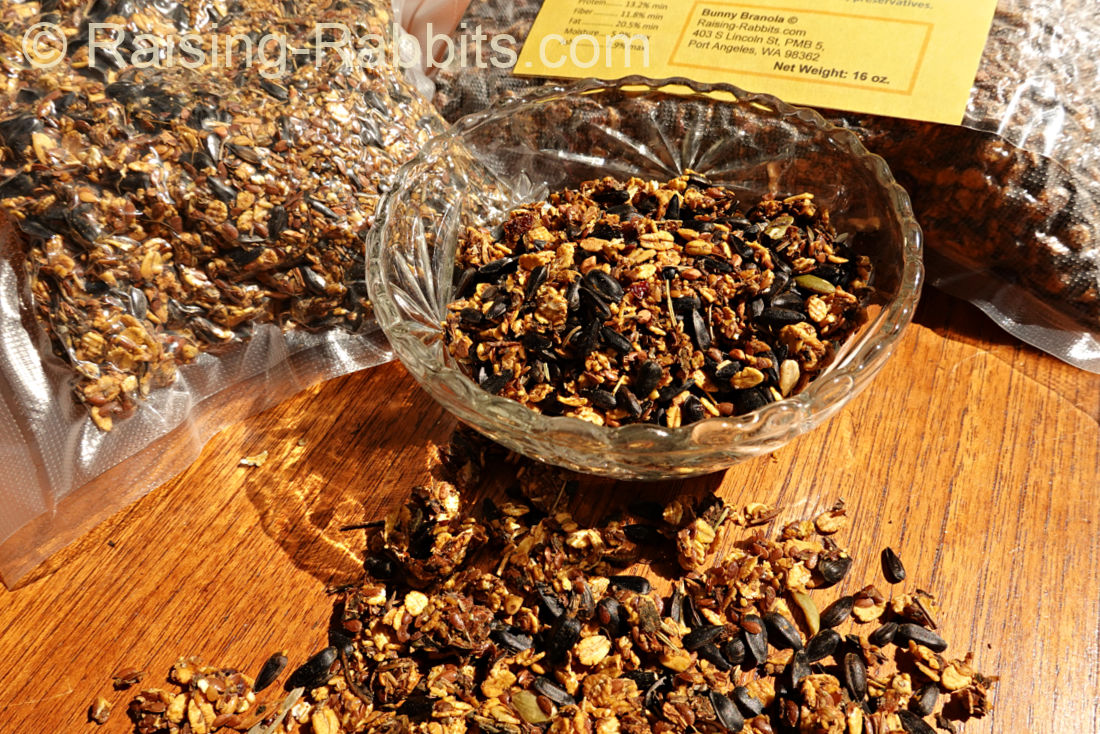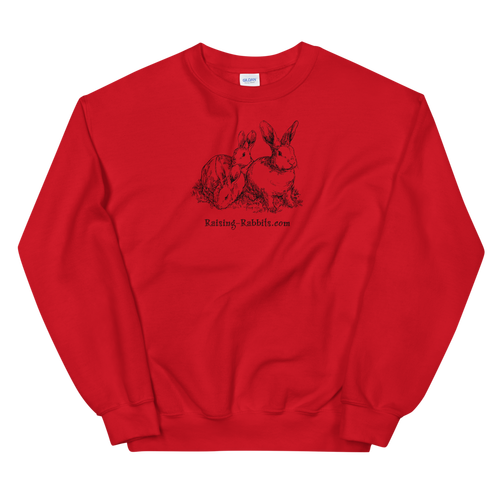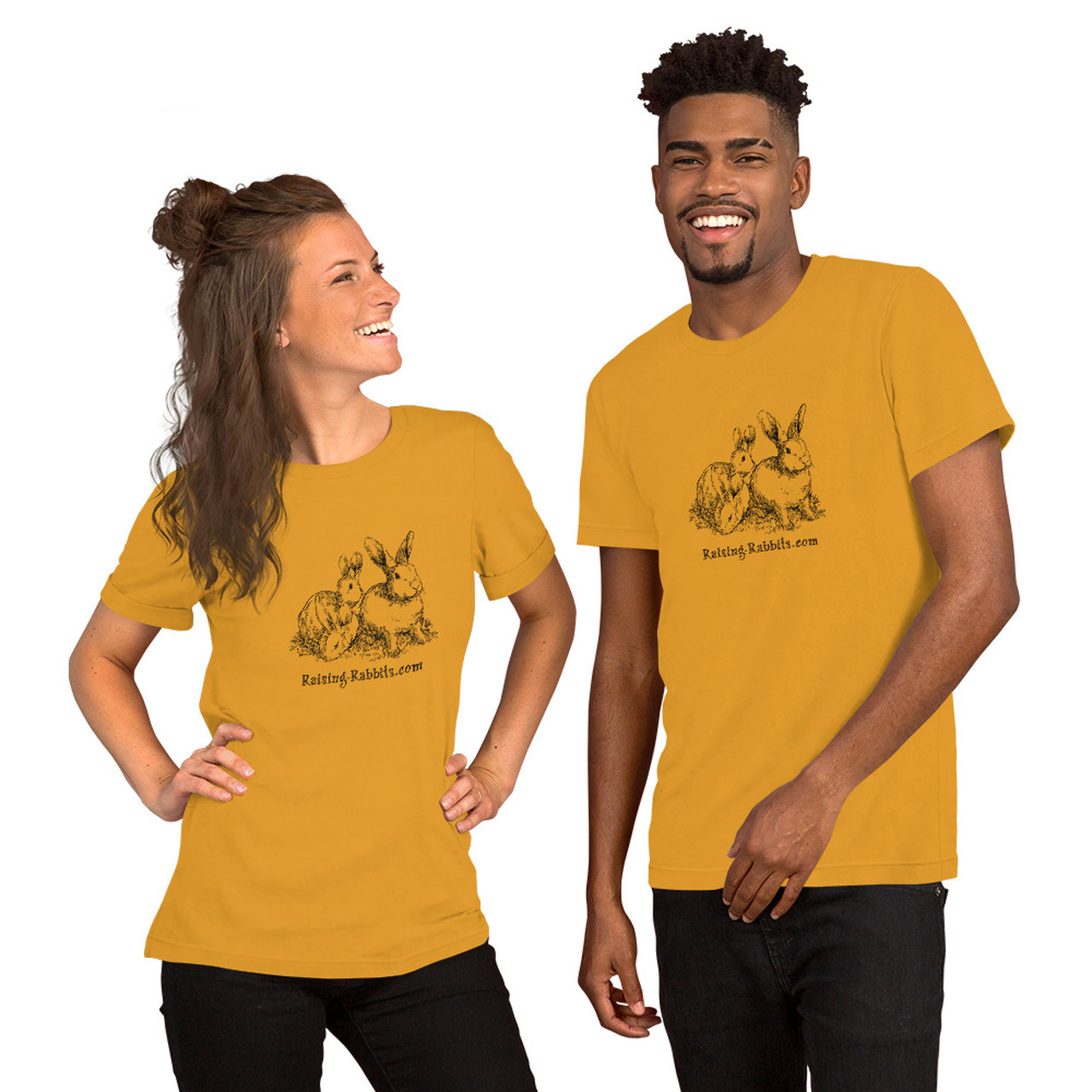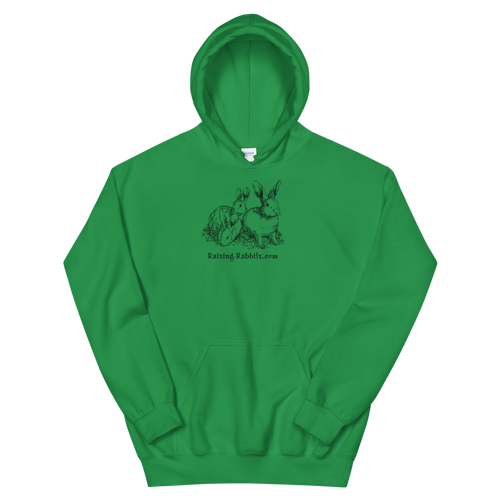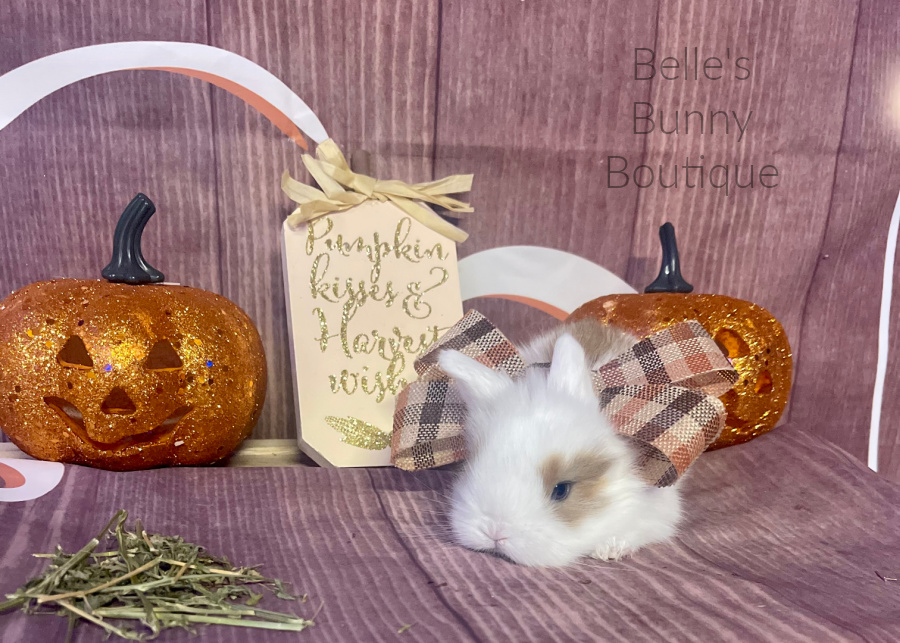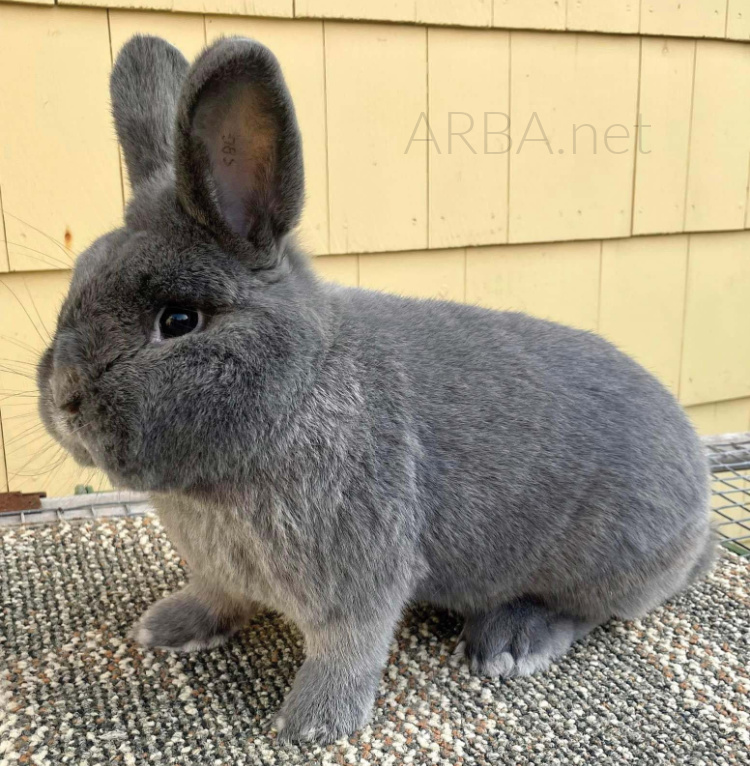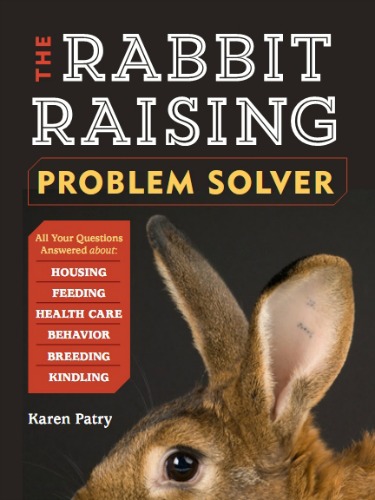3 Rabbits with snuffles quarantined and then culled, but does it now mean my whole herd are carriers????
I am very recently dealing with "snuffles", I had 3 bunnies come down with it (one was my stunning prize winning buck :(:(), I quarantined them from the herd and then they were culled. Fingers crossed my other rabbits are not showing any symptoms and I am following strict cleanliness rules (not that I wasn't before but now I'm OCD with it!!!) but does it mean that all my other breeding stock are now carriers??
That term baffles me when they say that all rabbits effectively carry pasteurella, it is just environment, circumstances that can cause an outbreak. So wouldn't that mean technically all rabbits are carriers anyway?? I have always brought my stock from healthy parents and lineage (well as far as I'm aware). My vet now tells me that all my stock are carriers whether showing symptoms or not and should not be bred from???
I am heartbroken as yes I'm not breeding on a large scale but now I am totally confused as what to do. I certainly don't want to breed unhealthy animals whether they were pets, shown or anything else.
Any advice you can offer would be greatly appreciated :)
***** Karen Sez *****
I like your attitude and effort to do the right thing. Anyone that culls an award winning rabbit because it's the right thing to do is a great person in my eyes. It is not easy to cull a beautiful animal, even if it is truly ill.
A carrier rabbit is one with the pasteurella germ living in its body, but which has an immune system strong enough to not get sick. You cannot label your entire herd as carriers. You can perhaps say they have all been exposed to pasteurella. Additionally, because pasteurella is so ubiquitous, rabbit scientists have suggested that the germs exist within every single rabbitry. If this is the case, then every single rabbit has certainly been exposed to pasteurella.
Because not every rabbit has symptoms, some of these rabbits have immune systems that are capable of keeping the rabbit healthy. Even though your rabbits have been exposed, some of your rabbits will probably never get sick. You WANT to keep and breed these very healthy animals.
Which of your rabbits qualify? Hard to say. But I do know you don't need to destroy your whole herd. Keep doing what you're doing. Keep a clean rabbitry, and practice clean habits. Keep a close eye on your herd, but consider each animal as usable, until it starts sneezing. All animals with snotty noses should be culled.
In time, it will become apparent which are the healthy rabbits. You've shown you have the resolve it takes to cull a sick animal. Just keep culling as needed. You'll wake up one morning and realize it's been six months since the last rabbit got sick. Your herd will keep getting more and more healthy.
No, you don't want to breed sick animals. You can place a moratorium on showing or selling rabbits for, say, 6 months, as you wait to see if any other animals will start sneezing. Go ahead and do your breeding. If the doe handles the pregnancy and lactation without sneezing, you'll know she's healthy. That's because having and feeding litters is a stress - no sneezing means her immune system is up to the challenge.
Do these ideas make sense?
Comments for 3 Rabbits with snuffles quarantined and then culled, but does it now mean my whole herd are carriers????
|
||
|
||
|
||
|
||
|
Click here to add your own comments Join in and write your own page! It's easy to do. How? Simply click here to return to Comments. |
Double-Value Guarantee
Our policy is to always OVER-deliver
on value,
which is why your purchase is fully covered by our
Double-Value
Guarantee.
Go ahead - take any of our e-books for a test drive. Peruse our detailed informational and educational e-books. Examine our plans for building rabbit cages, runs, or metal or PVC hutch frames. Check out the Rabbit Husbandry info e-books.
If you aren't completely satisfied that your e-book purchase is worth at least double, triple or even quadruple the price you paid, just drop us a note within 45 days, and we'll refund you the entire cost. That's our Double-Value Guarantee.
Note: When you purchase your
e-books, they will be in PDF format, so you can download them to any device that
supports PDF format. We advise making a back-up copy to a drive or cloud
account. If the books are lost, you can also purchase another copy from Raising-Rabbits.
